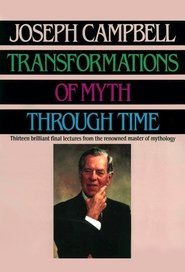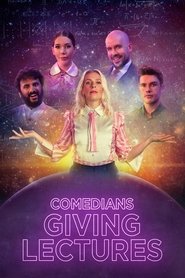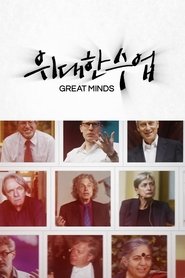
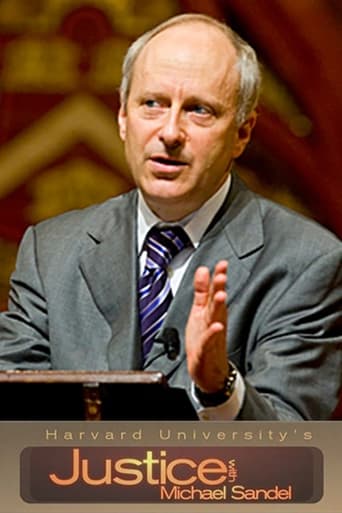
Justice with Michael Sandel - Season 1 Episode 11 The Claims Of Community/Where Our Loyaty Lies
Season - Episode
-
 1 - 1The Moral Side of Murder/The Case for Cannibalism Sep 09, 2009
1 - 1The Moral Side of Murder/The Case for Cannibalism Sep 09, 2009 -
 1 - 2Putting a Price Tag on Life/How to Measure Pleasure Sep 09, 2009
1 - 2Putting a Price Tag on Life/How to Measure Pleasure Sep 09, 2009 -
 1 - 3Free to Choose/Who Owns Me? Sep 09, 2009
1 - 3Free to Choose/Who Owns Me? Sep 09, 2009 -
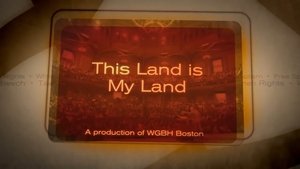 1 - 4The Land is My Land/Consenting Adults Sep 09, 2009
1 - 4The Land is My Land/Consenting Adults Sep 09, 2009 -
 1 - 5Hired Guns?/For Sale: Motherhood Sep 09, 2009
1 - 5Hired Guns?/For Sale: Motherhood Sep 09, 2009 -
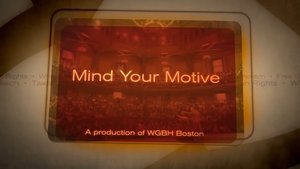 1 - 6Mind Your Motive/The Supreme Principle of Morality Sep 09, 2009
1 - 6Mind Your Motive/The Supreme Principle of Morality Sep 09, 2009 -
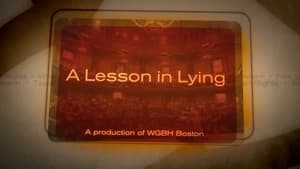 1 - 7A Lesson In Lying/A Deal Is A Deal Sep 09, 2009
1 - 7A Lesson In Lying/A Deal Is A Deal Sep 09, 2009 -
 1 - 8What's A Fair Start?/What Do We Deserve? Sep 09, 2009
1 - 8What's A Fair Start?/What Do We Deserve? Sep 09, 2009 -
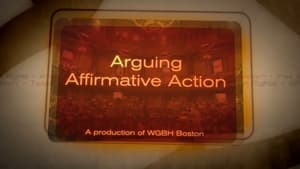 1 - 9Arguing Affirmative Action/What's The Purpose? Sep 09, 2009
1 - 9Arguing Affirmative Action/What's The Purpose? Sep 09, 2009 -
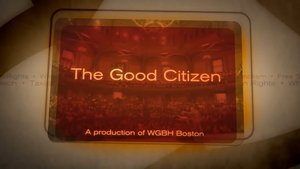 1 - 10The Good Citizen/ Freedom Vs. Fit Sep 09, 2009
1 - 10The Good Citizen/ Freedom Vs. Fit Sep 09, 2009 -
 1 - 11The Claims Of Community/Where Our Loyaty Lies Sep 09, 2009
1 - 11The Claims Of Community/Where Our Loyaty Lies Sep 09, 2009 -
 1 - 12Debating Same-Sex Marriage/The Good Life Sep 09, 2009
1 - 12Debating Same-Sex Marriage/The Good Life Sep 09, 2009
-
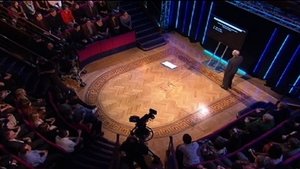 0 - 1BBC: Fair pay? Jun 14, 2011
0 - 1BBC: Fair pay? Jun 14, 2011 -
 0 - 2BBC: Justice: Torture and human dignity Jun 14, 2011
0 - 2BBC: Justice: Torture and human dignity Jun 14, 2011 -
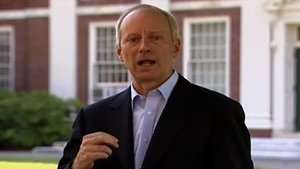 0 - 3BBC: Justice: Collective responsibility Jun 14, 2011
0 - 3BBC: Justice: Collective responsibility Jun 14, 2011 -
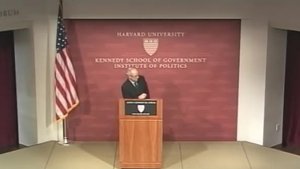 0 - 4
0 - 4 -
 0 - 5Bioethics - Designer Children Jan 01, 1970
0 - 5Bioethics - Designer Children Jan 01, 1970 -
 0 - 6Bioethics - Testing Utilitarianism Jan 01, 1970
0 - 6Bioethics - Testing Utilitarianism Jan 01, 1970 -
 0 - 7The Ultimate Choice Jan 01, 1970
0 - 7The Ultimate Choice Jan 01, 1970
Overview
Professor Sandel presents Kants objections to Aristotles theory. Kant believes politics must respect individual freedom. People must always respect other peoples freedom to make their own choices—a universal duty to humanity—but for Kant, there is no other source of moral obligation. The discussion of Kants view leads to an introduction to the communitarian philosophy. Communitarians argue that, in addition to voluntary and universal duties, we also have obligations of membership, solidarity, and loyalty. These obligations are not necessarily based on consent. We inherit our past, and our identities, from our family, city, or country. But what happens if our obligations to our family or community come into conflict with our universal obligations to humanity?





